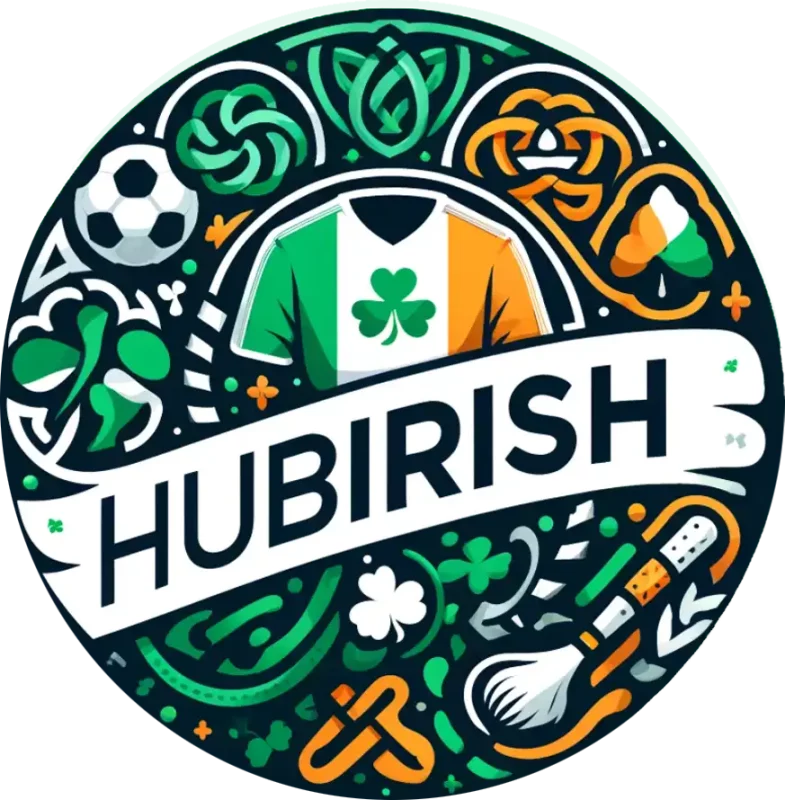Uncategorized
Remembering Bloody Sunday: A Moment in Irish History
Remembering Bloody Sunday in Derry: A Day That Changed History
Estimated reading time: 5 minutes
- Bloody Sunday marked a tragic turning point in the civil rights movement in Northern Ireland.
- The event highlighted the demands for equality and justice for the Catholic community in Derry.
- Understanding the history of Bloody Sunday helps foster a deeper appreciation for Irish culture and identity.
- Remembering Bloody Sunday is essential in recognizing the resilience and strength of the Irish people.
- Explore authentic Irish products at HubIrish.com to connect with this important part of history.
Table of Contents
- The Historical Context of Bloody Sunday
- The Tragedy of Bloody Sunday
- The Legacy of Bloody Sunday Today
- Celebrating Irish Identity Through Art and Merchandise
- FAQs about Bloody Sunday and Irish Culture
The Historical Context of Bloody Sunday
To appreciate the significance of Bloody Sunday fully, we must first reflect on the socio-political backdrop of Northern Ireland in the years leading up to that fateful day. The 1960s saw a growing civil rights movement in response to systemic discrimination against the Catholic population in Northern Ireland, particularly regarding housing, voting rights, and policing. Many activists took inspiration from the American civil rights movement, advocating for peaceful protests and equality for all.
On January 30, 1972, thousands gathered in Derry for a planned march organized by the Northern Ireland Civil Rights Association (NICRA). The march aimed to protest against the British government’s policy of internment without trial, which disproportionately affected the Catholic community. Demonstrators carried banners calling for civil rights and an end to governmental oppression, marking a significant moment in the ongoing struggle for equality.
The Tragedy of Bloody Sunday
What was intended to be a peaceful demonstration quickly turned tragic. As the march progressed through the streets of Derry, the situation escalated. Paratroopers from the British Army were deployed to disperse the crowds. Despite being unarmed, the protesters were met with live ammunition. Thirteen people were shot dead, and another fourteen were injured, some of whom later died from their wounds.
This horrific event galvanized a nation and resulted in a seismic shift in public opinion concerning British rule in Northern Ireland. It fueled the flames of conflict, leading to an escalation of violence during the Troubles. The aftermath of Bloody Sunday not only devastated families but also left a scar on the collective memory of the Irish people.
The Legacy of Bloody Sunday Today
The impact of Bloody Sunday continues to reverberate in Ireland and beyond. Families of the victims have tirelessly campaigned for justice and recognition, resulting in multiple investigations and inquiries over the years. The 2010 Saville Report, which concluded that the killings were “unjustified”, finally offered some measure of vindication to the victims’ families. However, calls for accountability remain a central issue in ongoing discussions about the legacy of the Troubles.
Today, Bloody Sunday is commemorated in various ways, from marches to art exhibitions. The events of that day are not merely historical artifacts; they are woven into the very fabric of Irish identity and culture. Acknowledging this history fosters a sense of pride in heritage and resilience.
Celebrating Irish Identity Through Art and Merchandise
In the wake of a tragedy like Bloody Sunday, it is crucial to celebrate Irish culture and identity positively. At HubIrish.com, we are proud to offer a range of quality products that bring Irish pride to life. Whether you’re looking for GAA jerseys to show your support for local teams, authentic Irish rugby shirts, or even baby GAA gear for the youngest members of your family, we have something for everyone.
GAA Jerseys: A Symbol of Community
Wearing a GAA jersey is about more than just sport; it’s about community, heritage, and pride in one’s local team. From historic counties like Derry to teams across Ireland, donning a jersey connects you to the rich tradition of Gaelic games and the spirit of competition that embodies Irish identity.
Irish Soccer and Rugby Gear
For those passionate about soccer, our collection of FAI Soccer Jerseys allows you to show your support for the national team while celebrating Irish pride. Similarly, Leinster Rugby and Ulster Rugby jerseys provide a unique opportunity to engage with Irish sports culture and support your favorite teams.
Cultural Gifts and Original Irish Art
Thoughtful cultural gifts can create lasting memories and foster a deeper understanding of Irish heritage. At HubIrish.com, we offer original Irish art and unique gifts that celebrate our vibrant culture. These items reflect the spirit of resilience and creativity that has emerged from Ireland’s tumultuous history.
FAQs about Bloody Sunday and Irish Culture
What happened on Bloody Sunday in Derry?
Bloody Sunday refers to January 30, 1972, when British soldiers fired on unarmed civil rights marchers in Derry, killing thirteen people and injuring many others.
How has Bloody Sunday impacted Irish identity?
The events of Bloody Sunday have shaped Irish identity by highlighting the struggles for civil rights and the resilience of the Irish people in the face of adversity.
Where can I find Irish sports merchandise?
You can find a variety of authentic sports merchandise, including GAA jerseys and FAI soccer jerseys, at HubIrish.com.
What are some ways to commemorate Bloody Sunday?
Commemorations include attending memorial events, viewing art exhibitions, and engaging in discussions that highlight the importance of justice and recognition for the victims.
In remembering Bloody Sunday, we honor not just the lives lost but also the spirit of those who continue to fight for equality and justice today. Through cultural expressions and community support, we keep the legacy alive and turn history into a source of pride.
Explore our collection at HubIrish.com to find meaningful products that resonate with the spirit of Ireland and those who love it. Let’s carry forward the message of unity, remembrance, and pride together.
